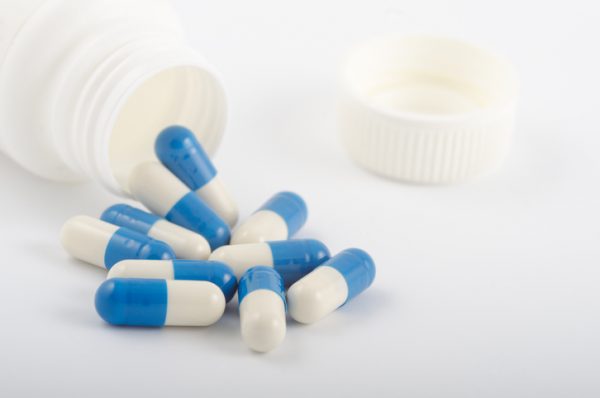
The family that owns Purdue Pharma would give up control of the opioid maker under a settlement it has proposed to resolve thousands of lawsuits at the federal and state level, according to published reports.
Citing anonymous people familiar with the matter, several outlets reported Tuesday that the Sackler family would give up control of the Stamford, Connecticut-based company and pay $3 billion of its own money toward a settlement worth $10-12 billion. The New York Times reported that rather than being a simple payout, most of the money would come from a restructuring resulting from a Chapter 11 bankruptcy filing. The Wall Street Journal reported that the discussions – to resolve more than 2,000 lawsuits – have been ongoing for more than a year and remain in flux. Lawyers for the company and the plaintiffs have until Friday to give an update to Judge Dan Polster of the U.S. District Court for the Northern District of Ohio, in Cleveland.
In March, Reuters reported that Purdue was exploring a Chapter 11 bankruptcy filing so that it could negotiate claims with plaintiffs in the suits. It was reported at the time that the bankruptcy filing would stop the lawsuits and allow the company to negotiate with the plaintiffs, under the supervision of a bankruptcy judge.
Purdue is the maker of OxyContin, a long-acting form of the opioid painkiller oxycodone and a central culprit in the nationwide opioid crisis. According to the National Institute on Drug Abuse, overdose deaths in the U.S. related to prescription opioids rose from 3,442 in 1999 – four years after the Food and Drug Administration approved OxyContin – to 17,029 in 2017.
On Monday, a judge in Oklahoma ruled that Johnson & Johnson would have to pay $572 million in a case against the company for its role in the opioid epidemic. However, an investment bank analyst wrote in a report that the case has little direct read-through to a larger multi-district litigation case in October.
Photo: VladimirSorokin, Getty Images














